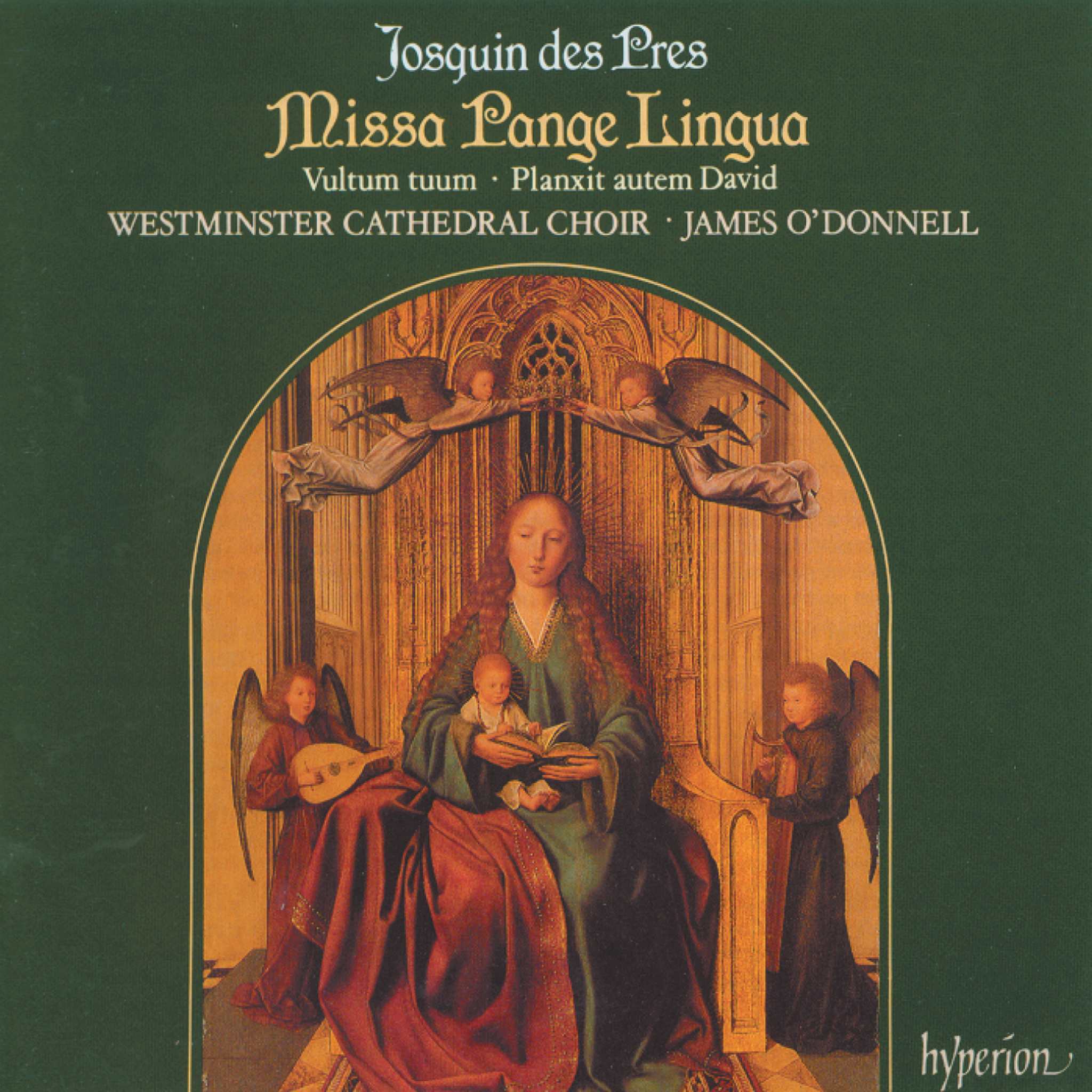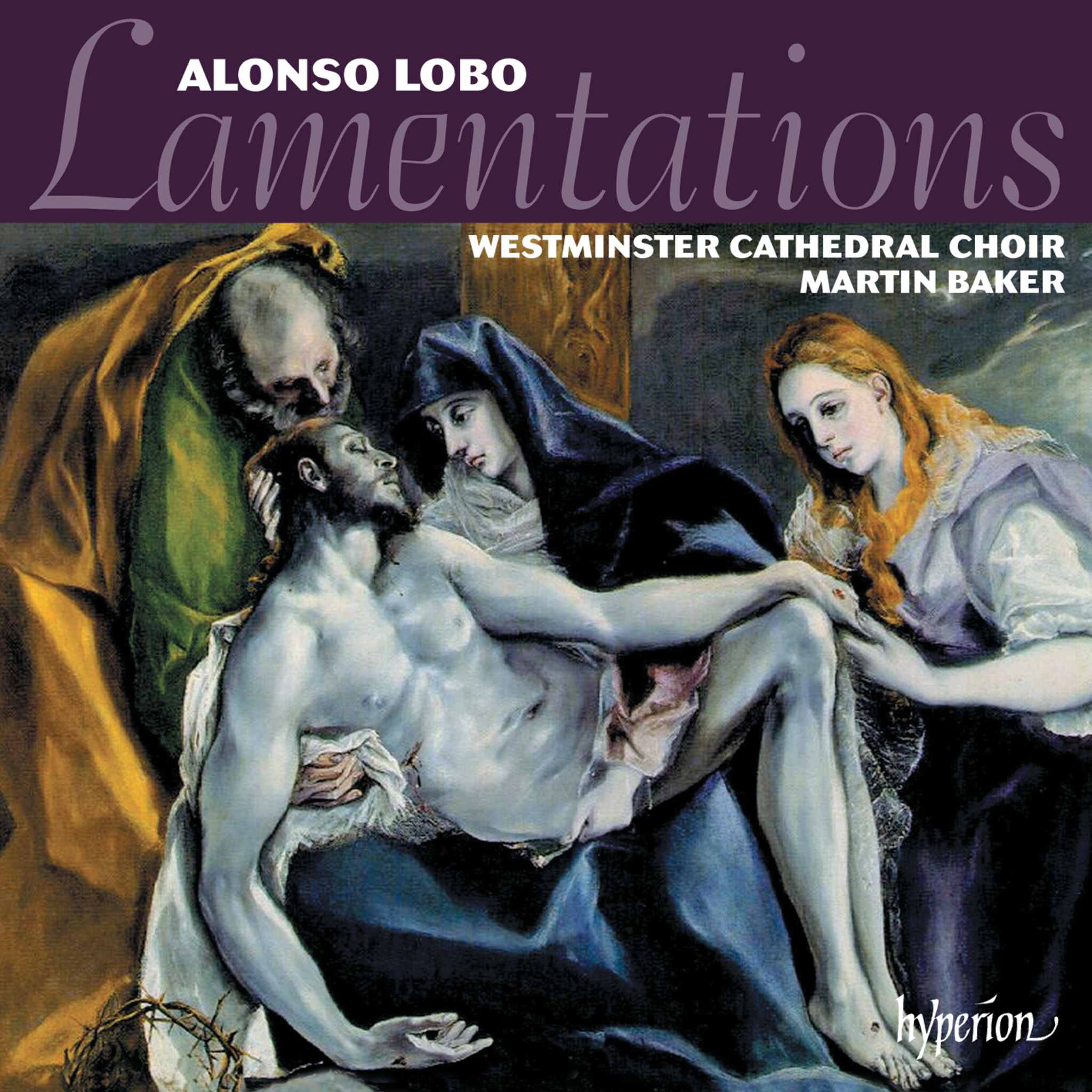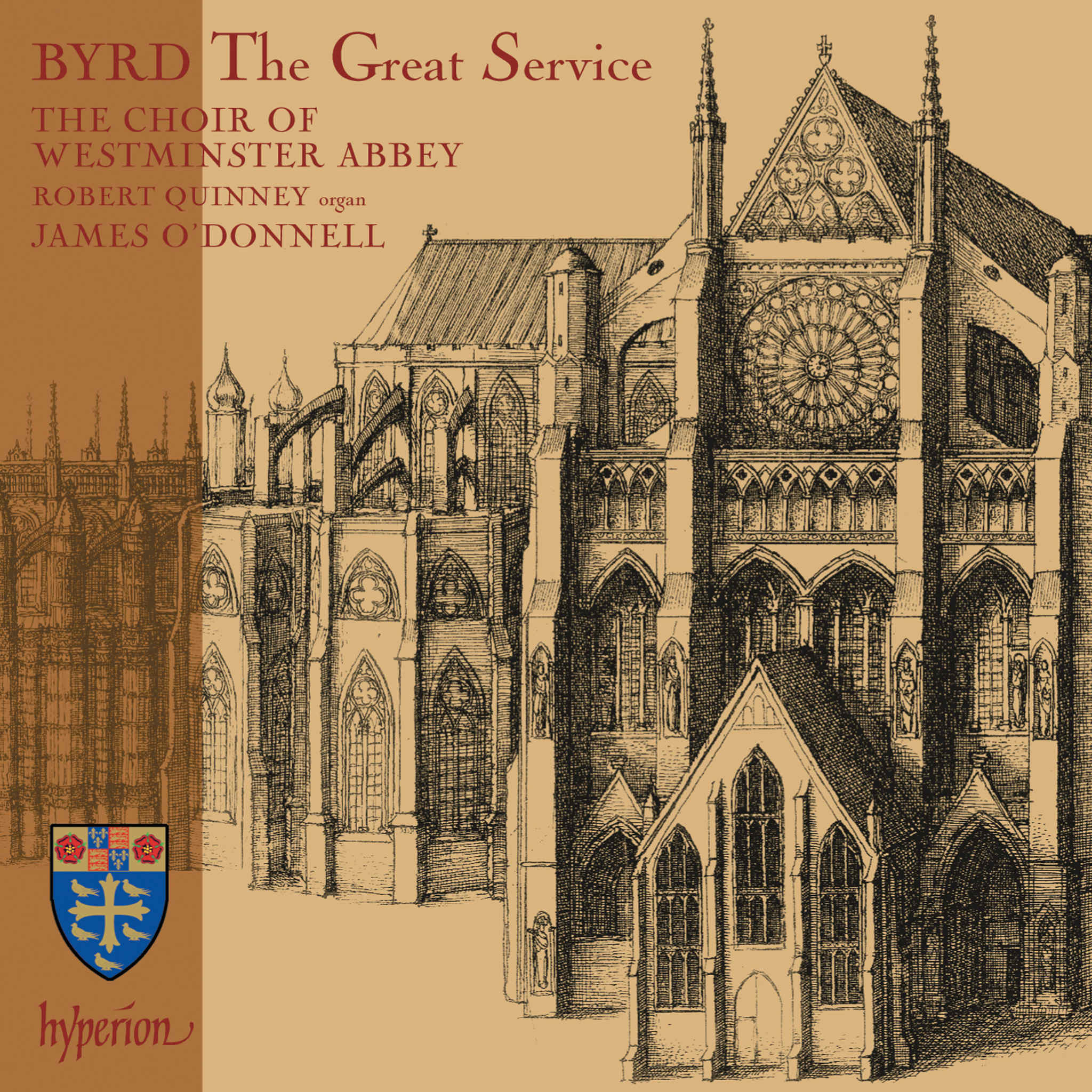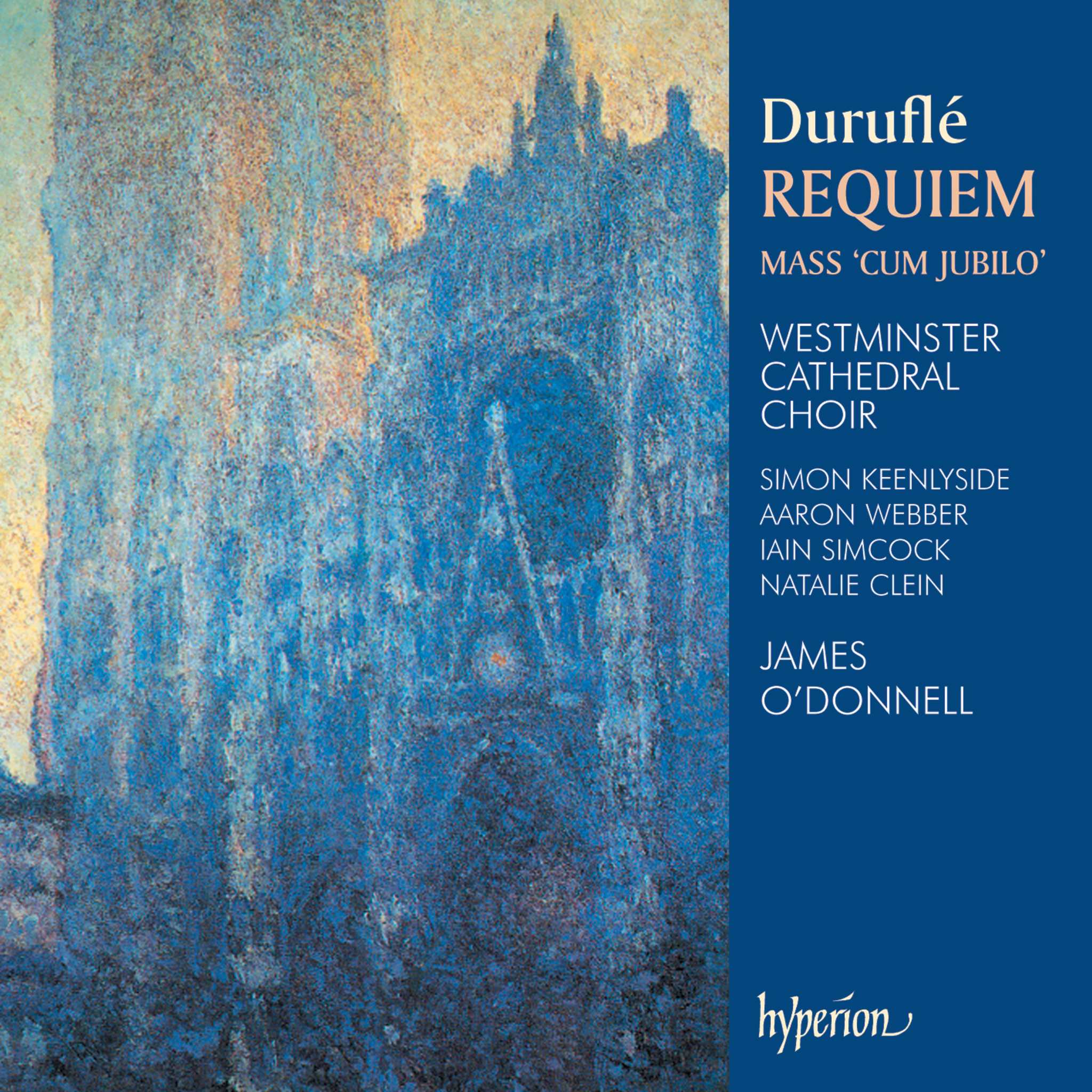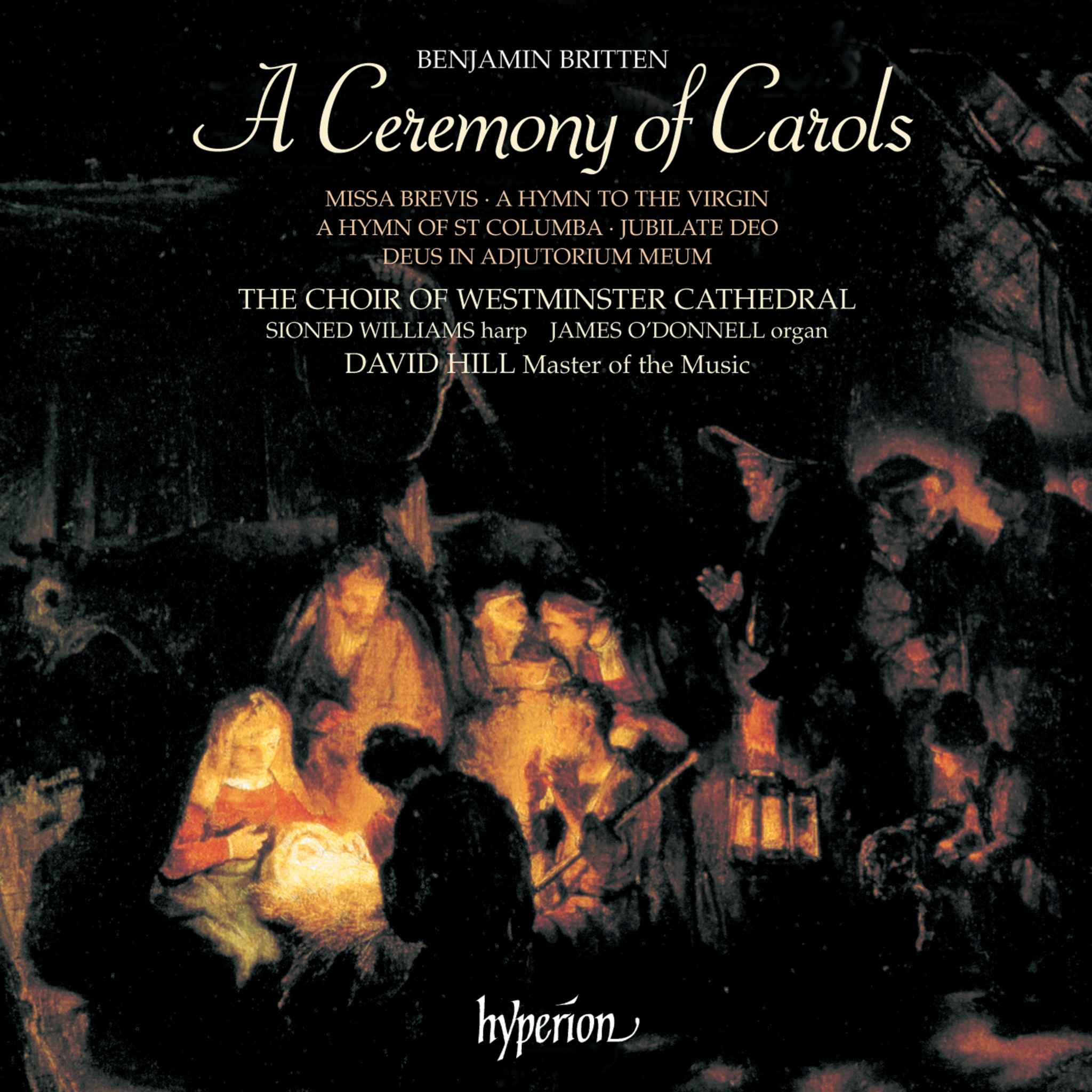Album insights
In 1863, Rossini reflects on completing his "poor little mass," questioning whether it's sacred music or "damned music" and admitting his affinity for opera buffa over sacred compositions. Born for lighthearted opera, his essence lies in a blend of minimal technique and heartfelt expression.
Rossini's musical journey began in 1792 within a musically inclined family in Pesaro. Emerging from a background of performers, he quickly showcased his talent, evolving from a student to a renowned pianist and opera composer. Through rapid opera creations and international acclaim, he marked his place in the musical realm at a remarkably young age.
After a productive operational period, Rossini settled into a quieter phase in 1829, perhaps reflecting a less urgent need for work or battling creative exhaustion following numerous projects. Transitioning from vibrant productivity to occasional compositions, his focus shifted to musical gatherings and engaging with a wide circle of musicians and intellectuals in Paris.
The culmination of his career is seen in his ambitious work, the "Petite messe solennelle," a monumental composition developed meticulously during his last musical endeavors. Beyond its petite label, the mass served as a pinnacle of Rossini's abilities, reflecting dramatic intensities, rich compositions, and profound religious expressions. Through meticulous attention to dynamics and structure, Rossini crafts each movement with a distinct flair, leading to a captivating musical journey rich in dramatic fervor and expressive lyricism.

